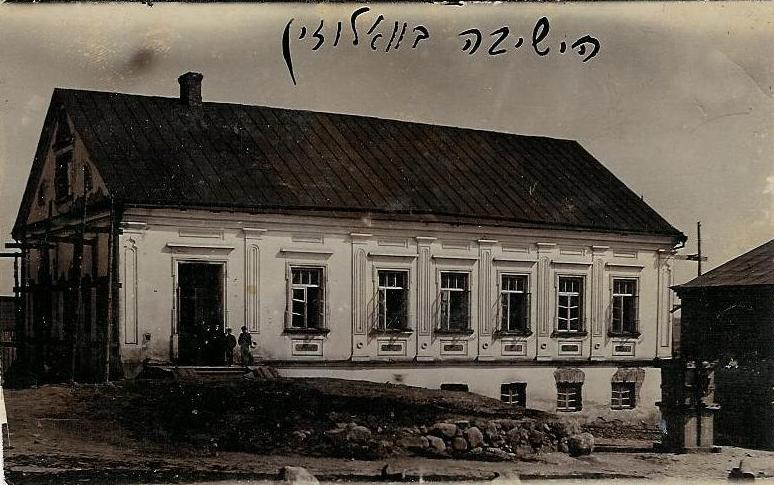|
Volozhin
Valozhyn, Vałožyn or Volozhin ( be, Вало́жын, , russian: Воло́жин, lt, Valažinas, pl, Wołożyn, yi, וואָלאָזשין ''Volozhin''; also written as Wolozin and Wolozhin) is a town in the Minsk Region of Belarus. The population is 11,500 (1995). Before World War II about half the town’s population were Jewish but they were murdered during the Holocaust. It is located northwest of Minsk, on the Valozhynka river in the Neman River basin, and the beginning of the Nalibokskaya Forest. Average temperatures are in January and in July with of annual rain. History Overview The town was built on the main road leading from Vilnius to Minsk. It is divided into two sections: the "lower neighborhood" along the river and the "upper neighborhood" toward the hills. Half of the town square is framed by the remains of 12th century buildings, including a bell tower, a palace, and a monastery. Most of the other remaining impressive buildings in the town are from the 1 ... [...More Info...] [...Related Items...] OR: [Wikipedia] [Google] [Baidu] |
Volozhin Yeshiva
Yeshivas Etz Ḥayyim (), commonly called the Volozhin Yeshiva (), was a prestigious Lithuanian ''yeshiva'' located in the town of Volozhin, Russian Empire (now Valozhyn, Belarus). It was founded around 1803 by Rabbi Ḥayyim Volozhiner, a student of the famed Vilna Gaon, and trained several generations of scholars, rabbis, and leaders. It is considered the first modern ''yeshiva'', and served as a model for later Misnagedic educational institutions. The institution reached its zenith under the leadership of Rabbi Naftali Zvi Yehuda Berlin, who became ''rosh yeshiva'' in 1854. In 1892, demands of the Russian authorities to increase secular studies forced the ''yeshiva'' to close. It re-opened on a smaller scale in 1899 and functioned until the outbreak of World War II in 1939. During the War German soldiers used the building as a stable, and it was subsequently converted into a canteen and deli. The site was returned to the Jewish community of Belarus in 1989. It is considered ... [...More Info...] [...Related Items...] OR: [Wikipedia] [Google] [Baidu] |

